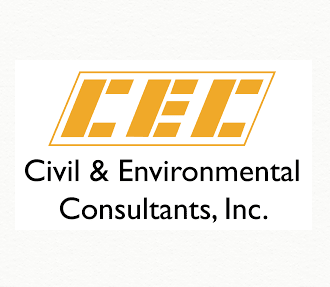Lower Dempsey Mitigation Bank
Location
Logan County, WV
Resource
Stream
Solution
Mitigation Bank
Status
Approved
LOWER DEMPSEY MITIGATION BANK in Logan County, West Virginia, is a site replete with dense forests and steep hillsides. EIP’s work in this area has restored and preserved ephemeral, intermittent, and perennial streams that had been impacted by legacy mining, road, and gas pipeline activities. By decommissioning or improving roads that discharged sediment and changed riparian buffer drainage patterns, EIP has improved improperly configured stream crossings, reconnecting them to restore natural stream pattern, profile and dimensions. We plugged deeply incised gullies, stabilized eroding ravines, added woody material, planted native vegetation, and removed berms that limited floodplain access — all to enhance headwater and valley bottom stream health.
Since EIP’s restoration work, healthy plant growth has returned, bringing back wildlife and restoring harmony to the local ecosystem. At Lower Dempsey, EIP also worked with the Hatfield-McCoy Trail to enable hiking access through our property, helping the area’s burgeoning outdoor adventure economy. To date, EIP has restored 7.9 miles of stream and planted more than 32,000 trees in the area.
—
Credit purchases from Lower Dempsey Mitigation Bank support a diverse range of projects in West Virginia, including road construction, mining, and public infrastructure.
CREDITS
Stream
SERVICE AREA
Primary HUC 8 Watershed
– Upper Guyandotte (05070101)
Secondary HUC 8 Watersheds
– Tug Fork (05070201)
– Lower Guyandotte (05070102)
– Twelvepole (05090102)
– Big Sandy (05070204)
– Coal (05050009)
– Lower New (05050004)
– Middle New (05050002)

Our Partners
Civil & Environmental Consultants Inc. partnered with EIP’s national team, applying their regional expertise in stream ecology, design, and permitting to multiple mitigation banks we developed together across West Virginia.

The dedicated team at North State Environmental shares EIP’s technical and philosophical approach to re-establishing the structure and functionality of Appalachia’s streams. Their construction expertise helped bring our work from vision to completion.
